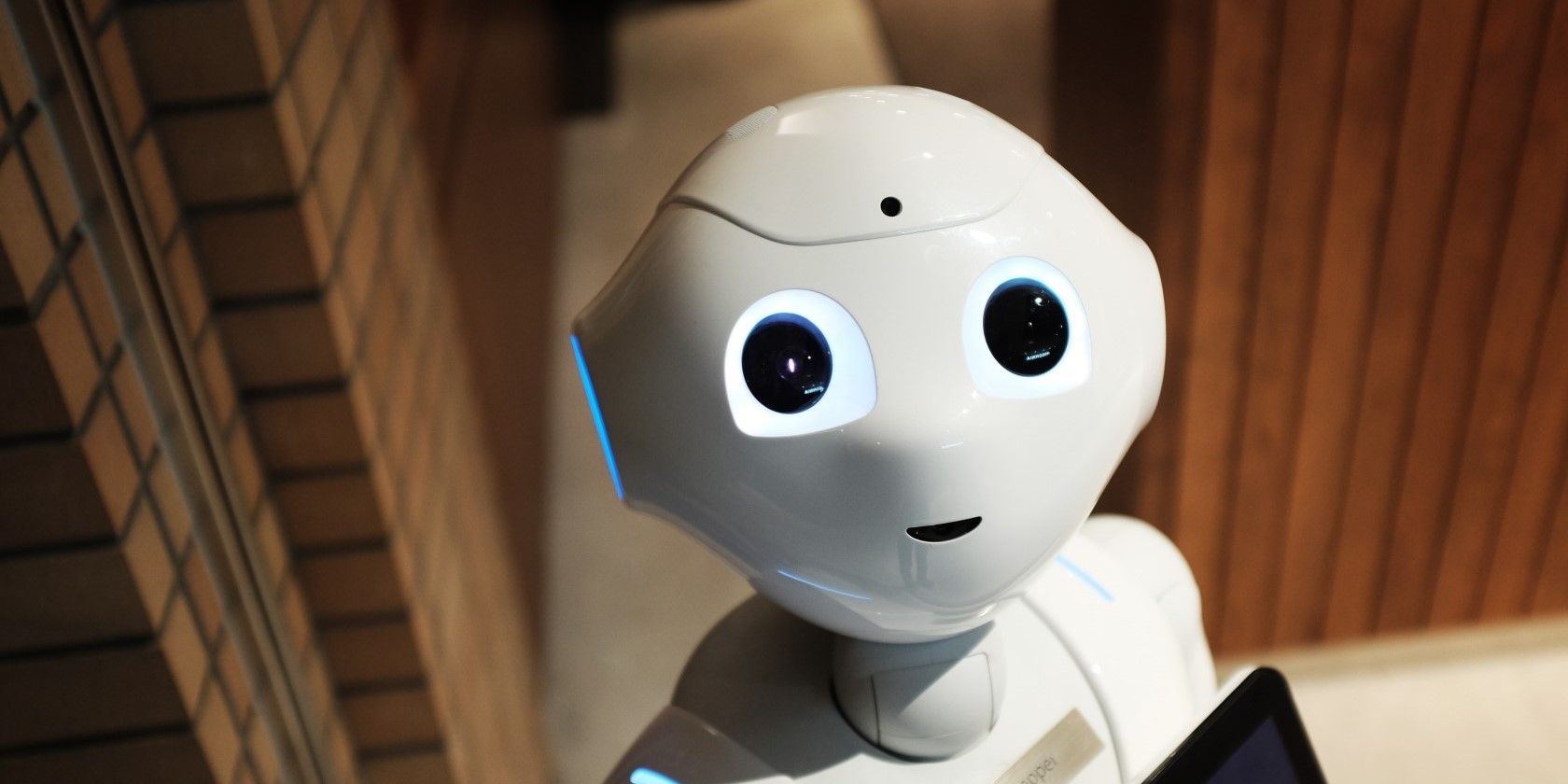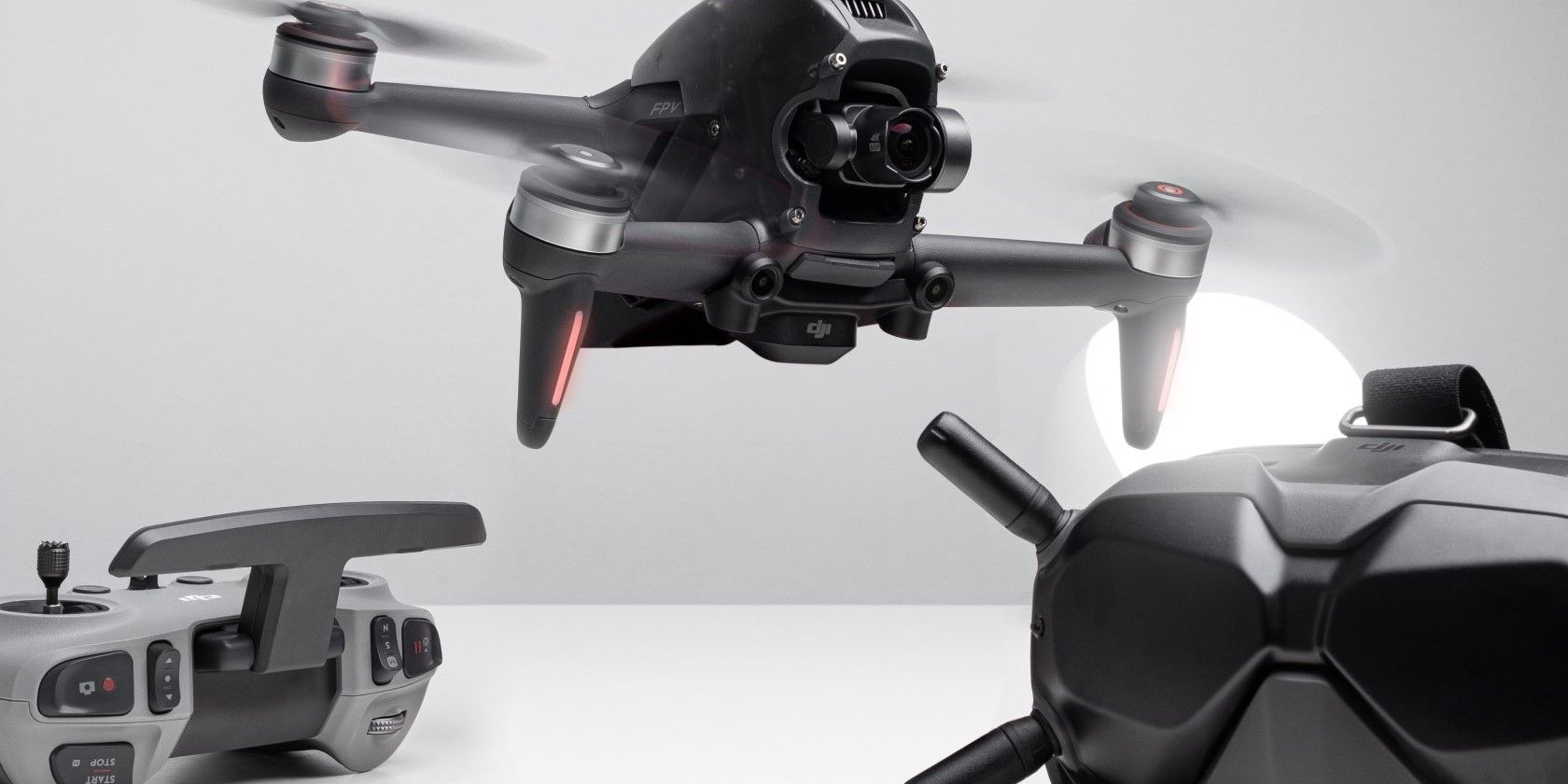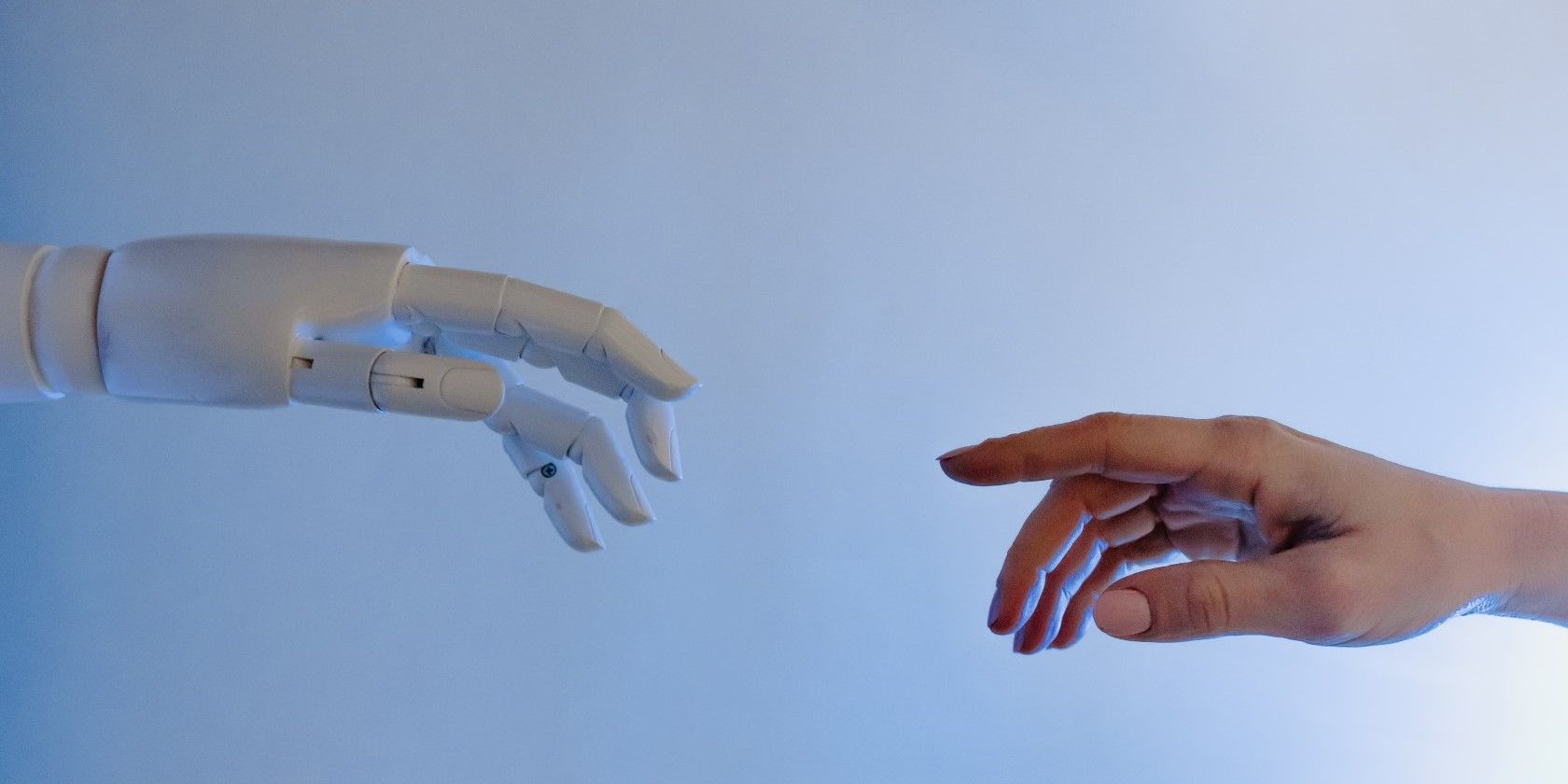Do you remember the days when people had to use those annoying, cumbersome smartphones to control devices in their houses? They even had to meet in person for work, and walk their own dogs.
Anyway, this is the type of discussion people might be having in 10 years. We’ll jump ahead in time and take a speculative look at smart homes in 2033. Welcome to the future.
The Future of Smart Homes
Technology has a habit of evolving and improving. Ten years ago, smart homes were not as advanced as they are today. Ten years from now, smart home technology will likely be even more convenient, functional, efficient, and fast. Ten years from now, smart homes might include the following.
AI Integration
Artificial Intelligence is the attempt of technology to think like human beings. AI is already prevalent among smart homes. AI helps power natural language processing, or the fact that you can speak to Alexa conversationally. AI will play an important role during the next ten years.
AI will help your smart home do more tasks that humans used to do. For example, instead of having to set up smart home routines, AI may set them up for you. Your smart home assistant will know things like when you get home, what time you go to bed, and when you watch TV. It will adjust your home’s temperature for you, turn on the TV, and queue up your favorite show.
Improved Technology
Technical limitations, glitches, and lags are common in 2023. There are ways to improve communication with Alexa, but sometimes when we ask Alexa to do something the response is, “sorry, I don’t know that.” And have you ever noticed how long it takes an Amazon Fire Stick to start up and be ready to work?
We'll see excellent connectivity, functionality, reliability, speed, and power in future smart homes. Internet outages will be nonexistent, Alexa will never ask you to repeat yourself. Your security camera will see every corner of a room no matter how dark, and your video streaming device will instantly stream content.
Better Security
Scammers have likely never convinced you to give them your bank account username and password. But they have forced technology developers to create complex security systems that tend to lock us out of our own technology.
Security will improve in 10 years thanks to AI. Our security systems will recognize us like we can recognize our friends and loved ones—by sight and sound. Or they will recognize us after a quick scan of our DNA signature.
We will no longer need to memorize passwords. We will no longer need multi-factor authentication, one-time passcodes, or to click all the squares in the image that include a crosswalk. The scammers may even give up. Or maybe not.
Audio and Video Interactivity for Work and Entertainment
Working from home is common these days, and will be even more so in 10 years. More smart homes will have spaces dedicated to remote work, collaboration, and entertainment. Large-screen TV resolution will be hard to distinguish from reality. Audio and video technology will include holograms of you and your colleagues as though sitting in the same room during remote meetings.
Some Possible New Smart Home Devices
Everything from your garage window to your bathroom sink will be wired in, collecting data, sending data, and interacting with you. You will shut windows, turn off water, and increase the fridge temperature remotely. Say you've left for the day and one of your cooktop knobs is turned on and leaking gas. Not to worry—your AI assistant will turn the knob off for you.
Here are some more futuristic smart home device possibilities. Warning: this section includes some seriously far-fetched speculation.
Security Camera Drones
Tiny drones with telescopic security cameras, thermal sensors, and radar will patrol your home. Imagine someone tries to sneak into your home at night. These flying watchdogs will zoom over to the intruder to get a better look. The police will be notified as quickly as you are that someone is trying to sneak into your home.
Better Smart Home Lighting
We'll never need to worry about turning lights on or off. Lights will turn on as we move around a dark house. When you've left a room, the light will turn back off. It will be kind of like carrying around a flashlight, but much better.
Robot Assistants
Robot vacuums are already available, even though they may not yet work extremely well. Better robots will be widespread in 2033. Speaking of drones, they will perform the most mundane tasks for us. They will clean our bathrooms, make our coffee, straighten up the house, turn down the bed, feed the dog, and then walk the dog.
Smarter HVAC Systems
No longer will your thermostat have only one temperature sensor, leaving one room in your house hot while the rest of the rooms are cold. Climate control systems will thermally sense temperature in specific locations throughout the house. Smart HVAC systems will cool and heat rooms individually.
Self-Aware Homes
Smart homes will have the ability to maintain every aspect of your home from a clogged drain to a ding in the wall plaster. Robots will fix problems before you know they exist. By that time, a damaged wall will heal itself much like a cut on your skin will heal. But that may be getting a bit too far down the far-fetched path.
Smart Health Care
By 2033, the idea of using technology to do things like self-analyze our blood for potential diseases will have been realized. Robot assistants will bring tremendous help in caring for our loved ones, especially for example, the elderly.
Mind-Controlled Devices
In 10 years, we will no longer need for smartphones or even voice commands. Technology will have been invented that will tie our minds into a network, so we can control our smart home devices using thoughts. Turning on a light or locking a door will be a thought away.
A Different Kind of Door Lock
Doors won't even have to stay locked 10 years from now. They'll know who to let in and who not to let in.
Some Devices Will Disappear
Some devices will be eliminated altogether. After all, you won't need a TV set mounted on your wall when you can watch it on a set of AR glasses.
What Will the Future Bring?
Smart homes will allow us to have much more time on our hands. Will we use that extra time well? Will we leave the smart home occasionally, and get out into the world? Will we do more than sit around while robot assistants cater to our every need, and we download funny cat videos?
And AI technology may know everything about us from our favorite colors to our daily cholesterol intake. This will present some heavy privacy concerns.
Will hackers, scammers, overly-aggressive solicitors, or worse steal access to and influence our very thoughts when our minds are tethered to the internet? Will our own technology get on our case about sugar intake every time we sneak into the kitchen for a late-night snack? Or lecture us about energy waste every time we turn the temperature to a comfortable level? Hopefully not, unless we want it to.
The Smart Home Future Is Up to Us
Will we become too lazy and disconnected from one another in the future? Here's to hoping we'll be smart enough to use smart technology in smart ways.
Here's to hoping we'll use the extra time to focus on relationships with family members and friends, to volunteer, to focus on productivity, and to contribute to society. Only the future will tell.






